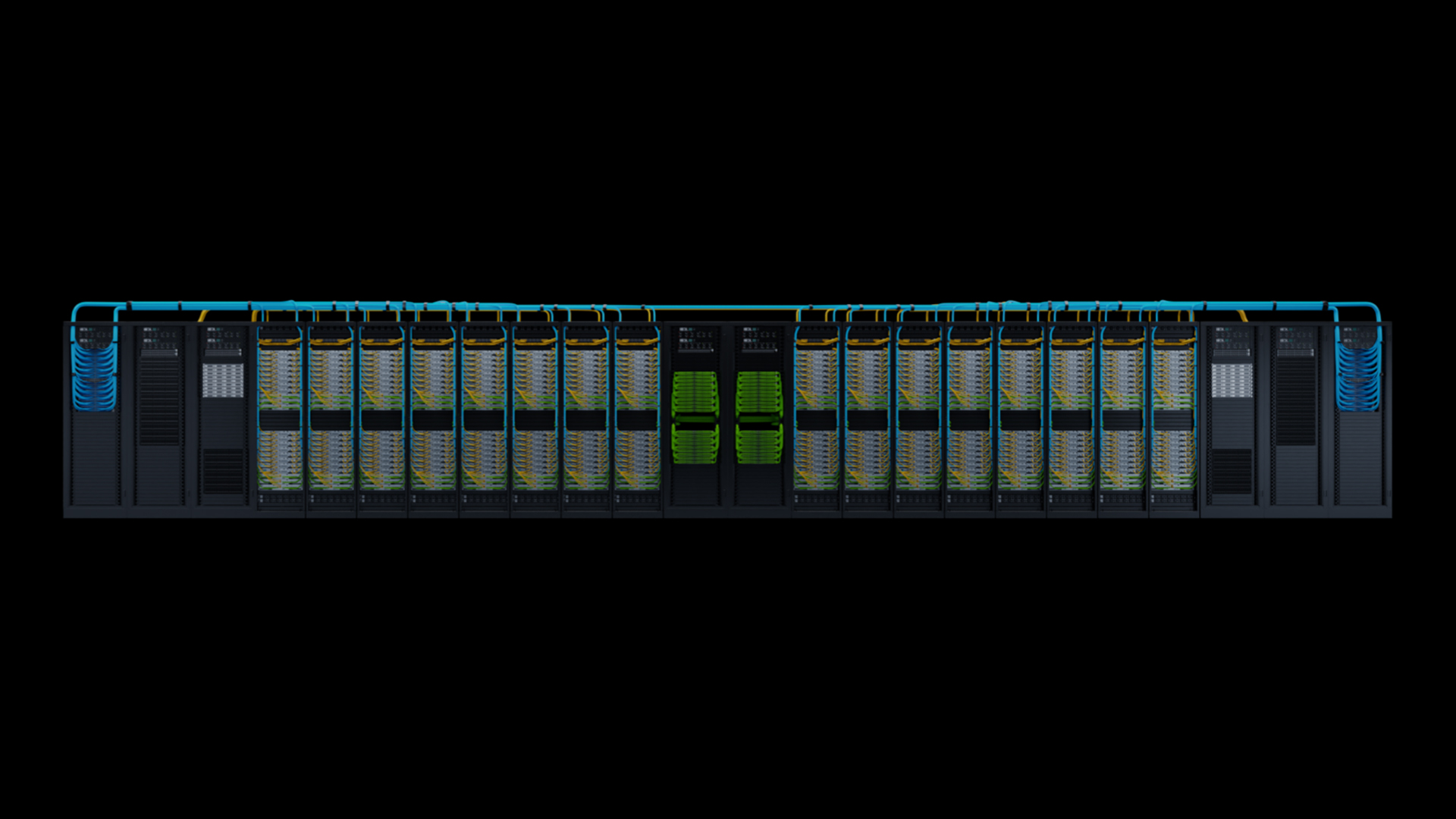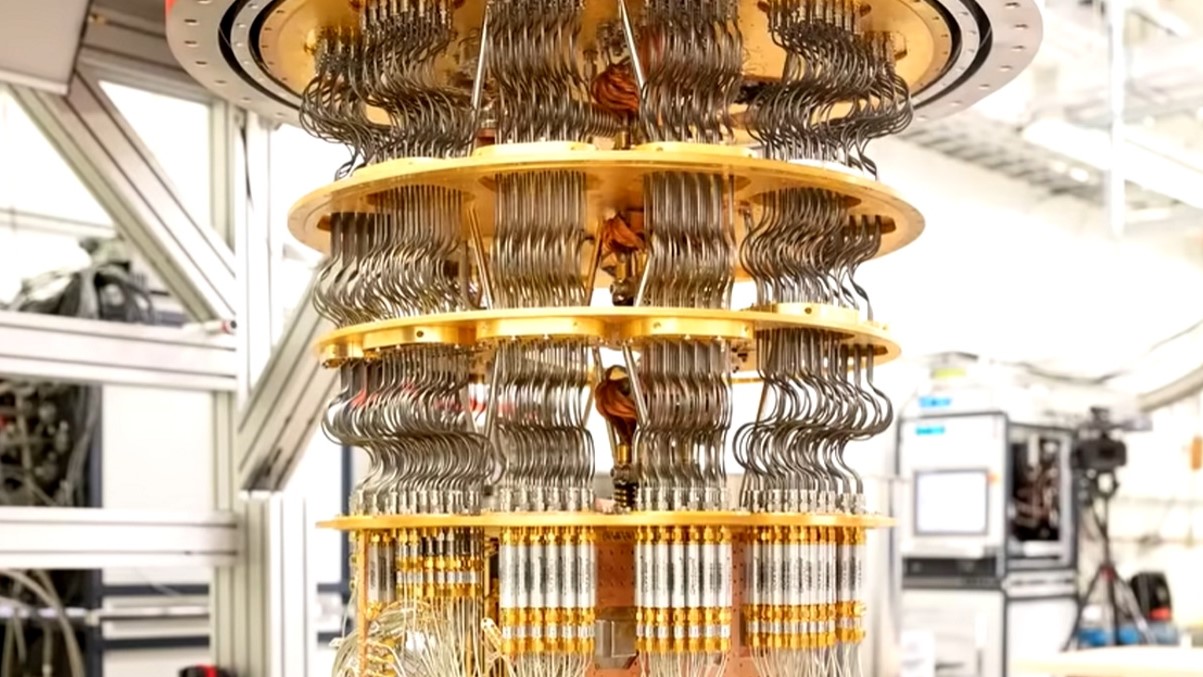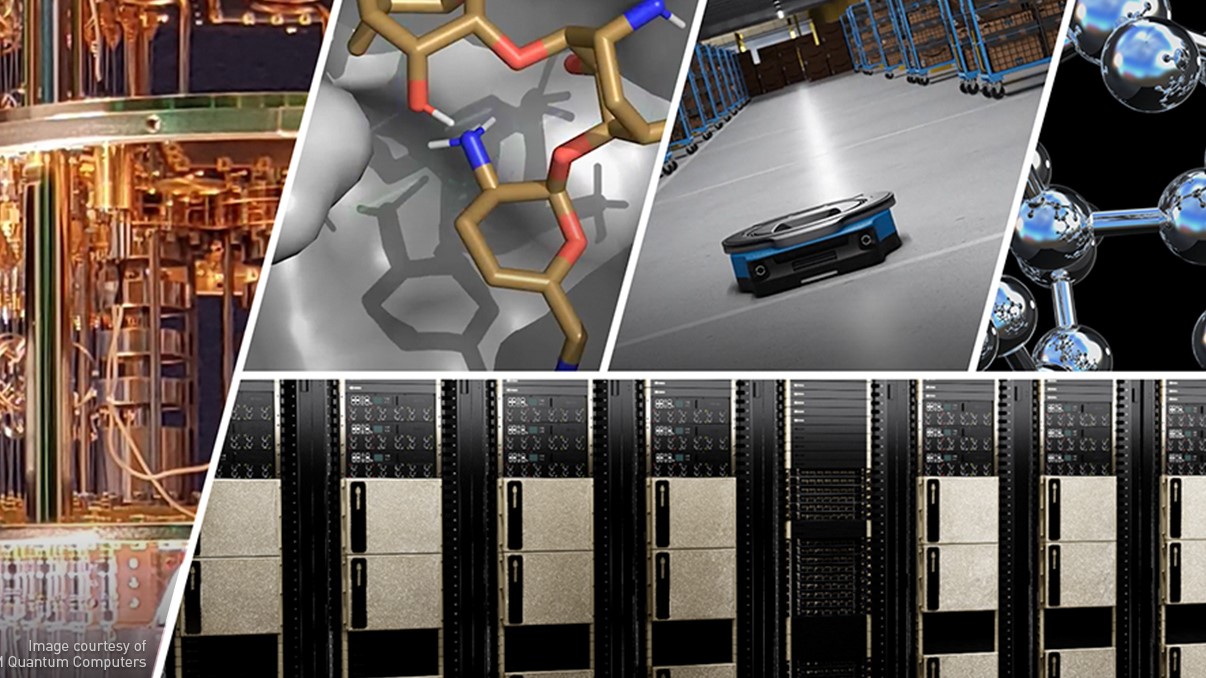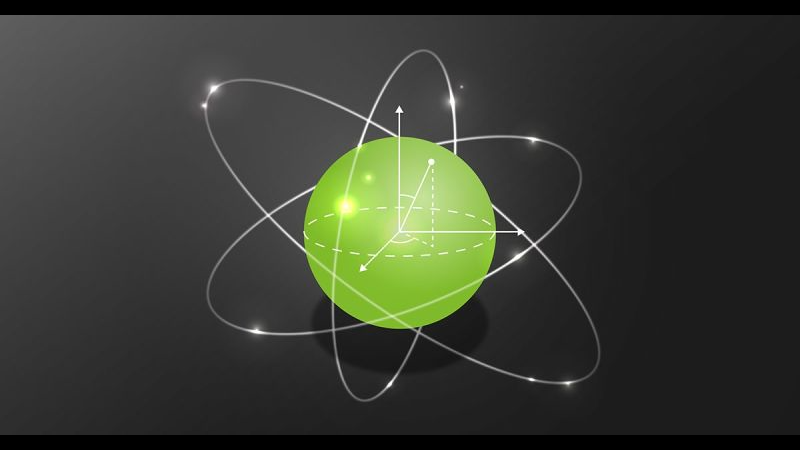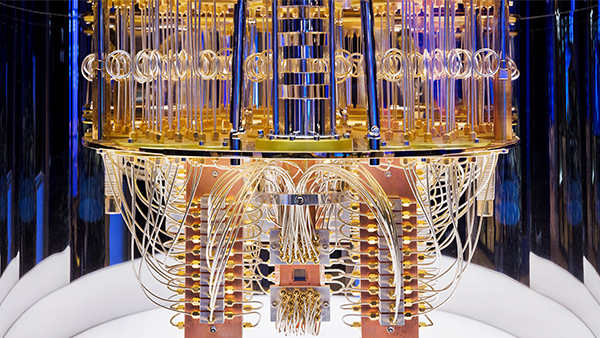Quantum computing has the potential to revolutionize various aspects of industry, ranging from numerical simulations and optimization of complex systems to machine learning (ML). Many computational challenges within the automotive industry are well-suited for quantum computing, including the development of novel materials, efficient design of parts, optimal manufacturing processes, and accurate risk forecasting.
The advantages of the NVIDIA cuQuantum SDK for accelerating quantum circuit simulations were showcased by the BMW Group in their recent publication on application-oriented benchmarking of quantum machine learning.
Currently, the group is investigating how quantum computing can enhance algorithms in generative modeling. They have observed a 300x increase in simulation performance with cuQuantum, from 8 hours to a few minutes per iteration.
Benchmarking quantum computing systems
Generative AI is a type of ML where algorithms learn to create new data samples that resemble the training data. It’s commonly used for tasks like image generation, text-to-speech, and other applications where producing new content is the goal. Quantum methods in ML can help generate designs that are optimized for specific parameters, enabling faster and more efficient design exploration.
Generative AI can also be applied along the entire automotive value chain. For example, battery technology development can benefit from quantum ML by aiding in exploring novel materials for fuel cells, optimizing charging and discharging methods, and predicting battery lifespan.
However, few systematic assessments of the potential of quantum computers for practical applications have been carried out, leaving the precise benefits and applications of quantum computing in industry indistinct. Therefore, the need for benchmarking quantum computing systems, from hardware to simulators, becomes critical to evaluate the scaling performance of quantum algorithms and improve the development of quantum computers.
QUARK
QUARK is a benchmarking framework designed to accommodate applications from different domains of quantum computing, such as quantum machine learning, optimization, and numerical simulations. It provides a standardized and extensible platform for evaluating and comparing quantum algorithms and hardware implementations. QUARK assesses the efficiency of the BMW Group’s quantum computing algorithms while also enabling comparison of the performance obtained from both quantum simulators and quantum hardware.
Simulating quantum circuits
Current quantum processors (QPUs) suffer from noise and are only available on a small scale, hindering the advancement of algorithmic research. Additionally, simulators offer direct access to the information representing the quantum system, unlike real quantum hardware. Therefore, circuit simulation techniques are a critical tool to advance the field of quantum computing.
Especially in quantum ML, it’s essential to verify the output of algorithms empirically. While many quantum algorithms have been proposed and implemented for small system sizes, evaluating the robustness of these algorithms as the system size scales up remains a critical challenge.
This has created a pressing need for accelerated large-scale quantum simulations. Numerous quantum circuit simulators are available. The QUARK benchmarking framework helps identify the optimal choice of a simulator for a specific quantum workload or research objective.
Enabling quantum applications across industries
NVIDIA cuQuantum is an SDK of optimized libraries and tools for accelerating quantum computing workflows. With NVIDIA Tensor Core GPUs, developers can use cuQuantum to speed up quantum circuit simulations based on state vector and tensor network methods by orders of magnitude.

With only minor changes in their code base, scientists at the BMW Group unlocked the power of the cuQuantum SDK for simulations with up to 30 qubits. By leveraging the power of the cuStateVec, they achieved a 300x speedup in the simulation of quantum circuits for their quantum ML workload using NVIDIA A100 Tensor Core 40 GB GPUs, compared to CPU implementations on dual AMD EPYC 7742.

Quantum applications for automotive use cases
The developments showcased by the BMW Group and accelerated by NVIDIA demonstrate a valuable and high-performance framework for benchmarking quantum applications. With NVIDIA cuQuantum, the BMW Group was able to significantly improve the training time and benchmarking of quantum generative models using QUARK, unblocking a considerable computational bottleneck towards useful quantum ML workloads. Together, this work enables an important step in transitioning quantum applications from theoretical explorations to practical, impactful solutions, enabling broader quantum applications across industries.

